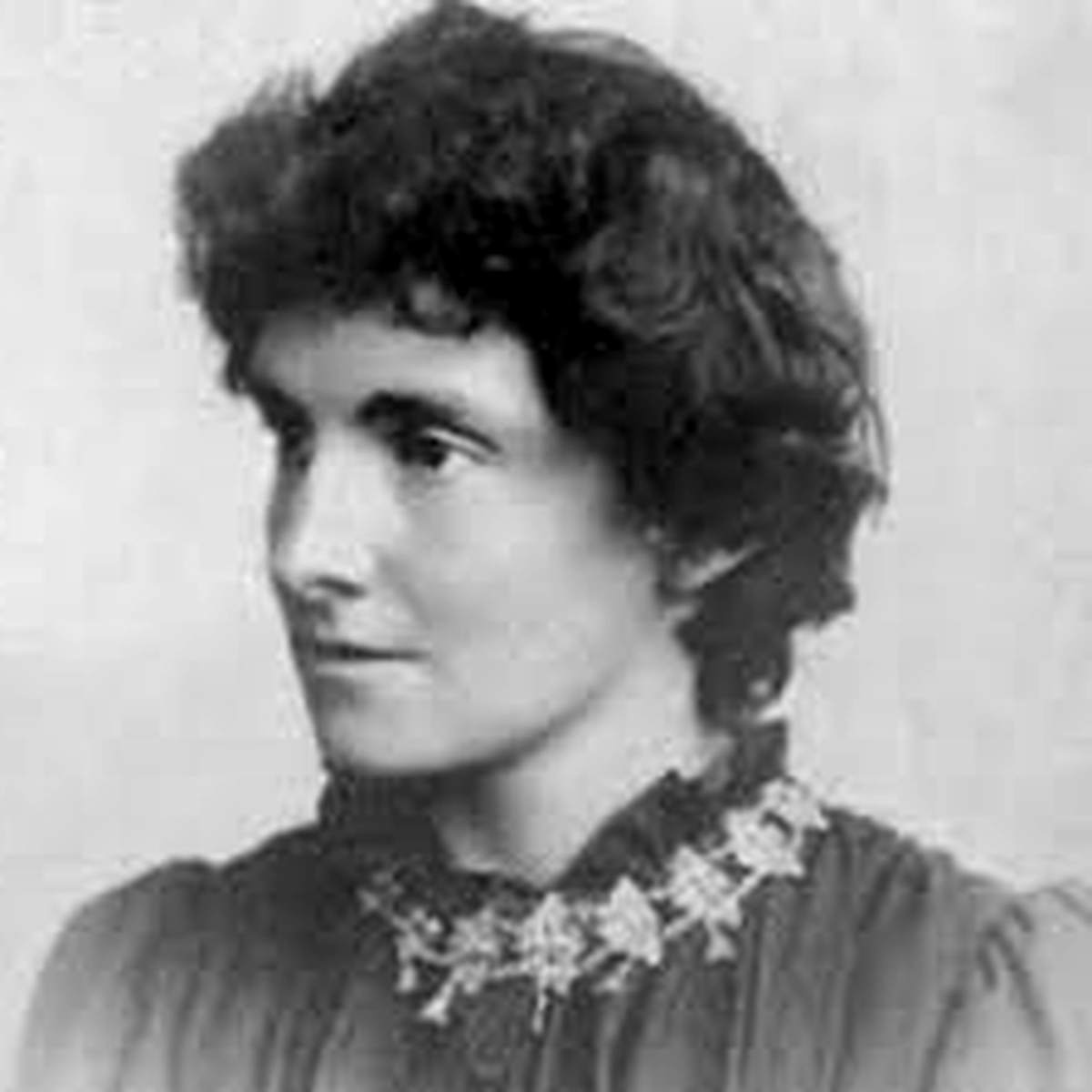Treasure Trove

Treasure Trove
fan mail to Edith Nesbit
I don’t remember when I first read “The Treasure Seekers”. I think I was probably eight or nine years old. And I felt at once that I knew this family and wanted to be part of it. Their story was told a good sixty years before I read it, but they felt real, and I liked them. I read most of E Nesbit’s other books and remember finding “The Story of the Amulet” and “The Phoenix and the Carpet” particularly entrancing. Not very long ago I re-read them all – just for fun. I was a little afraid that the memory of my childhood reaction would be better than the books. But it wasn’t. They still seem fresh and alive, even though they’re now more than a hundred years old.
Childhood has changed a great deal since the 1890s. Even my own childhood had more in common with the lives of those Victorian children than either has with the often enclosed, protected, screen-driven lives of young people in the twenty-first century. From a house near the edge of a small town, I roamed the surrounding paths and fields with my friends and travelled worlds in imagination.
But in that last respect I don’t think children have changed that much. People don’t change. Lives just look different. The trappings are different. But thoughts and dreams and inventive imaginations are much the same now as they always have been. And these books are still almost as popular as they were a hundred years ago – take a look at the Amazon reviews, some of them from eleven-year-olds as well as people like me.
Why do the books work so well? I think the answer lies in one passage in Edith Nesbit’s autobiography: to write well for children, she says, it’s no good writing down to the little people. They will hate it. To write well for children, all you have to do is remember being a child. What you thought. What you felt. Really remember.
The photograph of Edith Nesbit is from the Internet. It must be out of copyright by now, but if anyone has a copyright claim (or a higher quality copy) please get in touch.
treasure trove – “treasure found”
